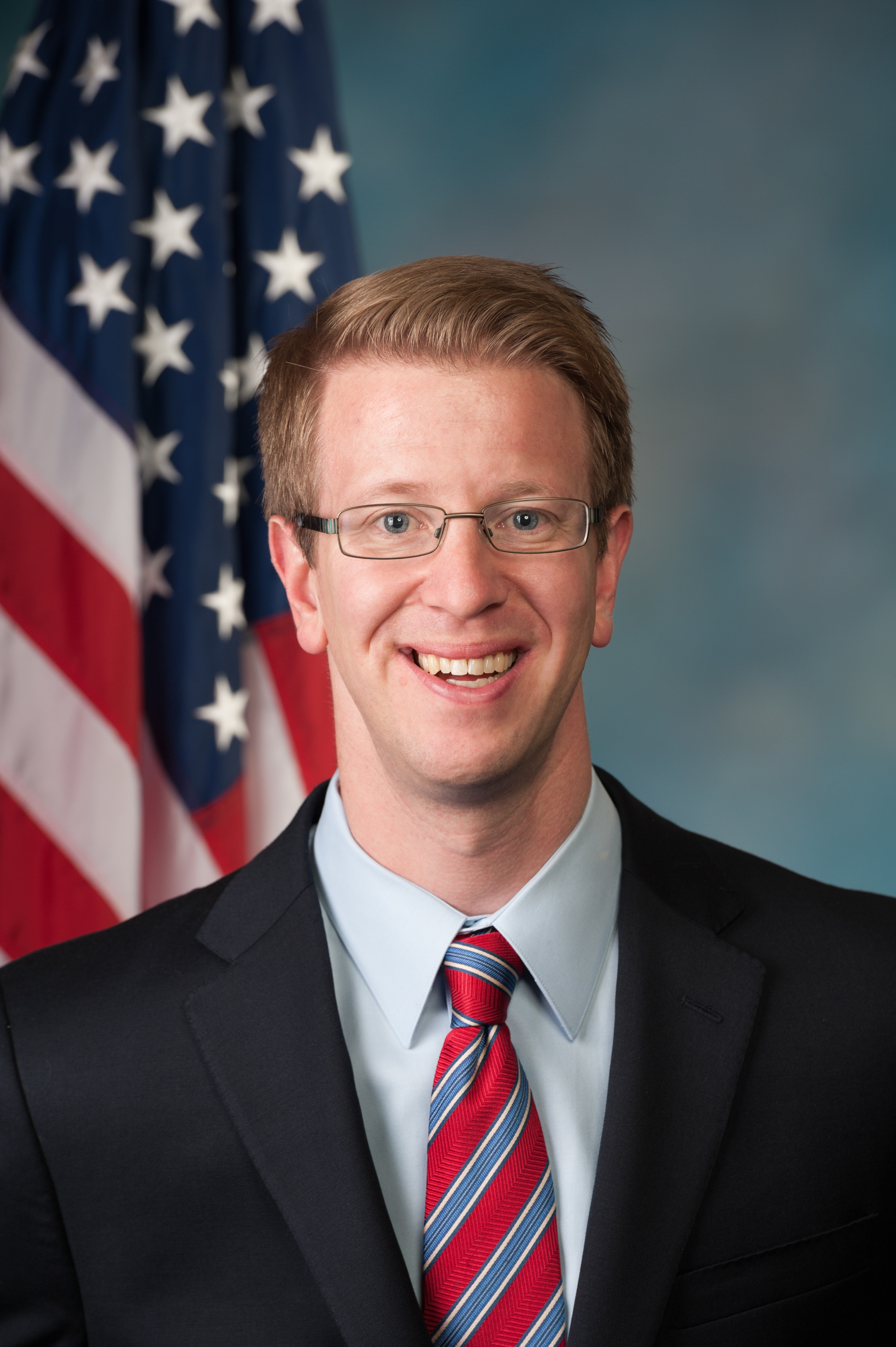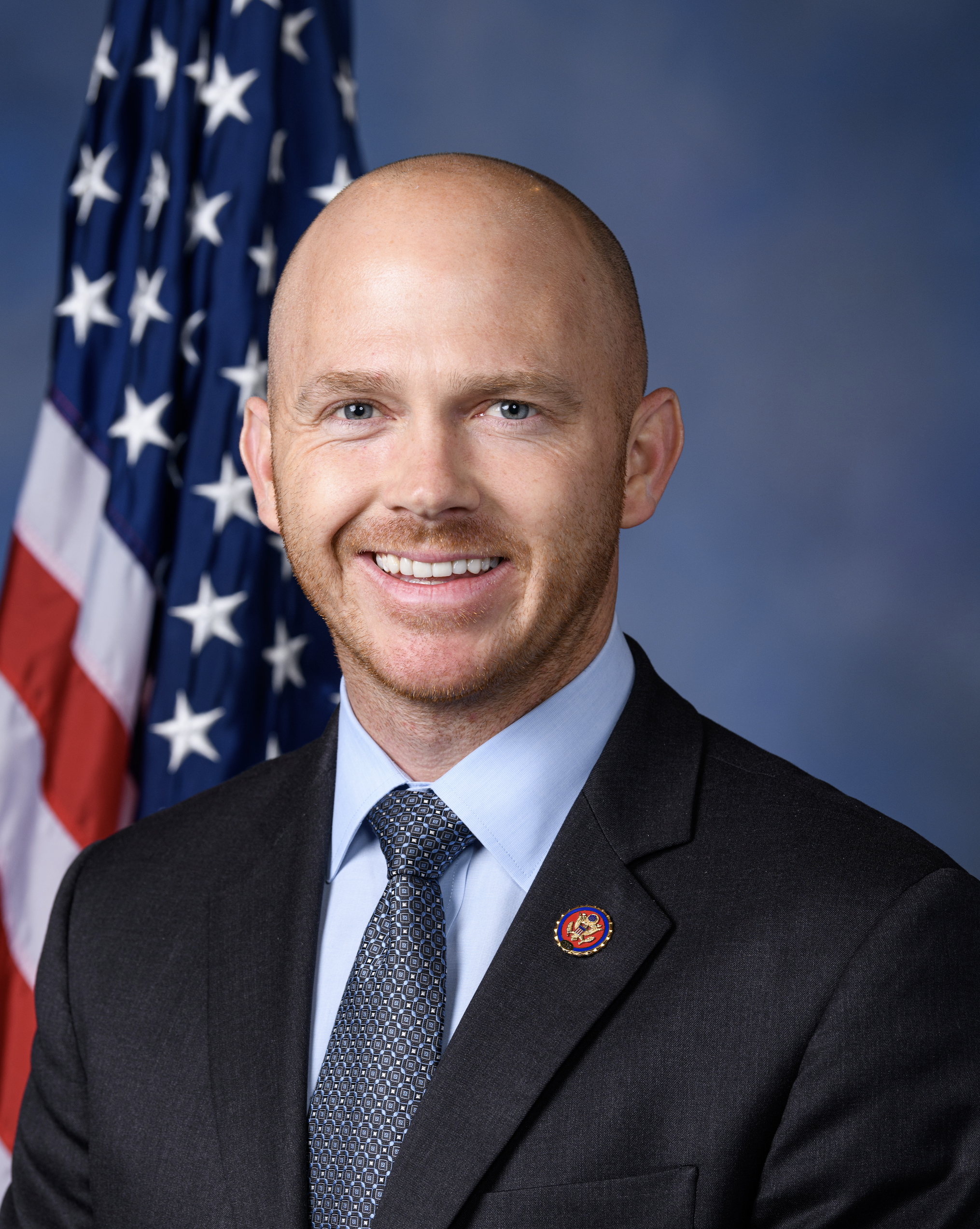Representative Derek Kilmer (D-WA)
Representative William Timmons (R-SC)


It is hard to identify two lawmakers who have done more to advance innovation and modernization in Congress than Representatives Derek Kilmer (D-WA) and William Timmons (R-SC). Building on the work in the 116th Congress, the leaders of the Select Committee on the Modernization of Congress had the difficult task of improving and modernizing the functioning of an institution more than 200 years old. The Committee not only produced results in recommendations, it demonstrated to Congress innovative methods for conducting business. The equal number of Democrats and Republicans sat next to each other, eliminated the 5-minute rule for questions, and moved from the dais into a roundtable format, facilitating more cooperations and collegiality. These changes showed immediate success, and in only four years the committee made 202 bipartisan recommendations to modernize Congress. Now, based off of their success, a permanent Subcommittee on Modernization has been created to continue their important work.
The Modernization Committee passed 97 recommendations during the 116th Congress and they beat their mark in the 117th Congress, recommending 105 changes. These recommendations covered numerous categories that ranged from staff recruitment and retention to office budgets, from information technology to office functions and access to information, among others.
Kilmer and Timmons made recommendations directly addressing staffing issues to improve recruitment and retention, including an examination of compensation and benefits for staff. The Committee recommended updating and aligning staff benefits through a "Task Force on the House Workforce" to make continuous policy suggestions that bring the House in line with what other employers are providing. Kilmer and Timmons did not stop there, recommending that staff pay be delinked from Member pay and a new maximum pay cap be established for staff. Both changes were accomplished via Speaker's pay order. On top of this, the Committee recommended offices be allowed to pay for their staff to receive certain professional certifications. To improve recruiting, the Committee added talent acquisition software, run by the Chief Administrative Officer (CAO) that can assist House offices managing their recruitment and hiring processes. Delving into internships, the committee chairs pushed for assessments of the cost of living for an intern, provided to offices by the CAO, to inform intern stipend levels.
Committee recommendations aimed to change the standards and processes of technology use. These recommendations included making the "e-Hopper" a permanent feature of the House for introducing legislation, permanently allowing electronic submission of committee reports, expanding the use of digital signatures, and adding the Office of Diversity and Inclusion to the standing Rules of the House. This last suggestion was a landmark innovation making the Office of Diversity and Inclusion a permanent institution of Congress. The CAO played an important role in implementing a large portion of the Committee's recommendations. As directed by the Committee's resolution, the CAO established a Human Resources Hub to provide access to best practices, tips, tools, and customizable templates for Member offices. The change allowed easier access for offices to helpful information all in one space. Kilmer and Timmons also put in a new framework for assigning and handling of congressionally directed spending (previously known as "earmarks") for Congress that encourages bipartisan cooperation and collaboration between lawmakers in neighboring districts.
The "Fix Congress Committee" produced over 200 recommendations to bring innovation and modernization to Congress, with more than 65% of their recommendations being implemented before the Select Committee was disbanded. This extremely successful endeavor makes Representatives Derek Kilmer (D-WA) and William Timmons (R-SC) pioneers of innovation and leaders of the most effective push for modernization of Congress in recent history.


